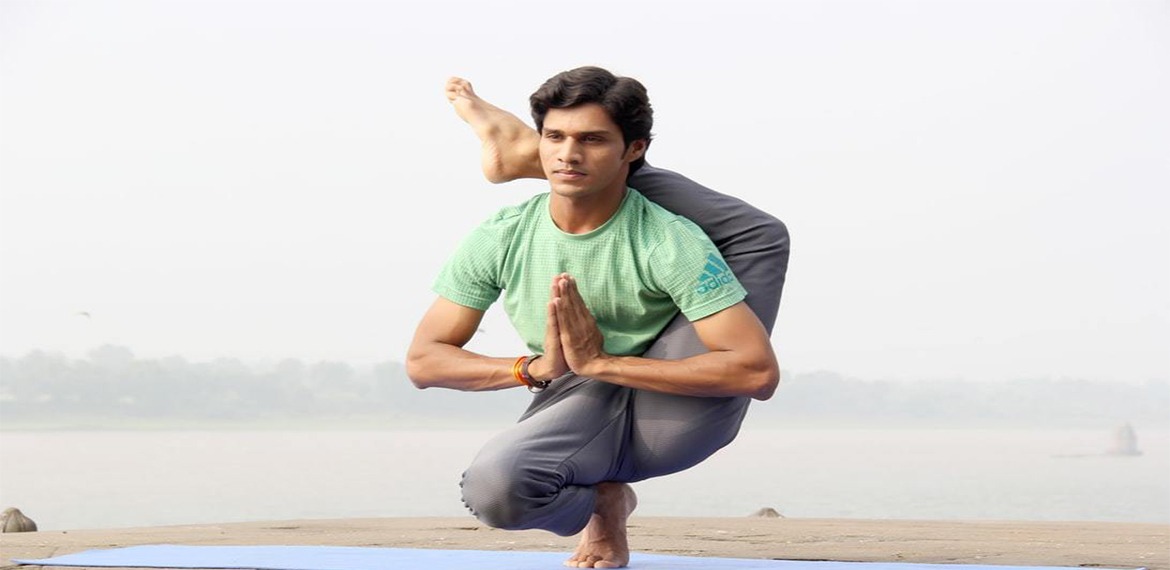 Mar
28
Mar
28
How Much Rest After Cycling for Optimal Recovery
- 28 March 2024
- 0 Comment(s)
Have you ever experienced muscle soreness after road cycling? Or do you often feel exhausted after cycling? Well, it might be because you’re not taking enough rest between your training sessions! How much rest do you actually need after cycling for optimal recovery? This blog provides answers to:
Why rest is crucial in cycling How much rest you need for optimal recovery Recognizing insufficient rest Ways to accelerate your recovery
-
Why is rest so important in cycling?
Firstly, it’s essential to understand why rest is crucial. Did you know that your muscles don’t grow during the exercise but rather afterward? So, you make the most progress when you step off the bike.
During exercise, microscopic tears occur in your muscles, causing a slight increase in inflammation in your body. This might sound concerning, but in a controlled manner, it’s beneficial for your body (good for muscle growth, fat burning, insulin sensitivity, a healthy heart, etc.). After the exercise, your immune system gets to work repairing these “tears,” making your muscles slightly stronger than before. It’s essentially a smart mechanism of your body to ensure you can endure the next training session more easily.
-
How much rest does a cyclist need for optimal recovery?
How much rest should I take after a cycling session? That’s an important question with varying opinions. It also depends on whether you’ve cycled leisurely for an hour or pushed yourself to the limit. However, most researchers agree that you should take at least 24 hours of rest after a training session. For instance, if you cycle on Monday, make sure not to train your legs on Tuesday. If you’ve had a strenuous training session, aim for 48 to 72 hours of rest for optimal recovery. It’s still incredibly important to listen to your body. If you’re still experiencing significant muscle soreness, take some extra rest.
Moreover, after a heavy season, it might be wise to give your legs a few weeks of relaxation.
-
How do I recognize insufficient rest?
Have you ever felt worse after a training session than before? Do your legs feel like rubber when you try to climb stairs? Well, that’s a clear sign you’ve overdone it. Ideally, you should feel satisfied and relaxed after a training session. If you start experiencing things like sleepless nights or tension after training, you’re likely not resting enough.
Overtraining can lead to injuries, high blood pressure, a weakened immune system, and poor sleep. That’s something you definitely want to avoid.
So, continue listening to your body. If climbing stairs becomes a challenge, wait an extra day before hopping back on the bike. This will likely leave you feeling fresher and stronger the following day.
-
Are there ways to speed up my recovery?
Fortunately, there are ways to boost your recovery. Getting at least 8 hours of sleep per night combined with the right amount of protein is crucial. Aim for around 1 gram of protein per kilogram of body weight.
Active recovery also proves to be an effective way to accelerate muscle recovery! Some examples of active recovery include:
Getting massages (giving them works too, but who wants that?) Yoga classes Recovery training (with a heart rate around 110 bpm) Stretching Cold training
→ TD Tip: Did you know that meditation can significantly boost your recovery too? Meditation reduces stress, leading to faster muscle and nervous system recovery.
Interested in more such blogs? Read more via this link.
